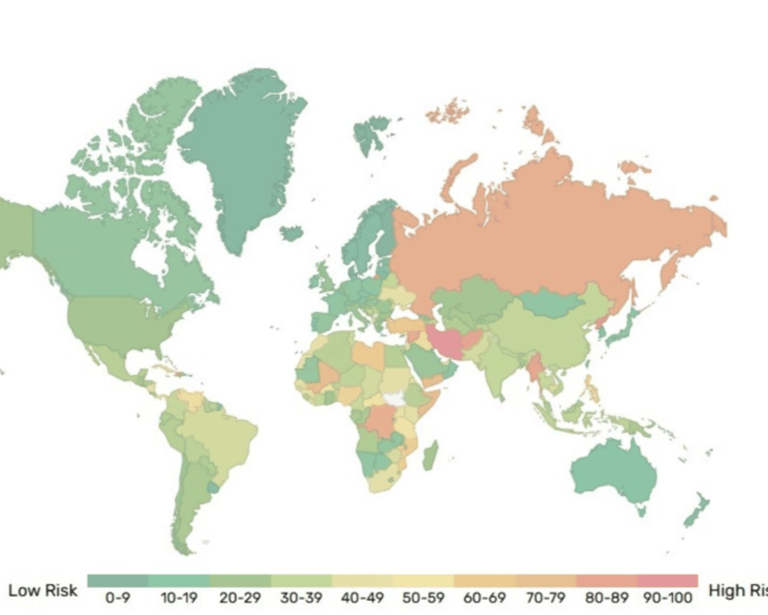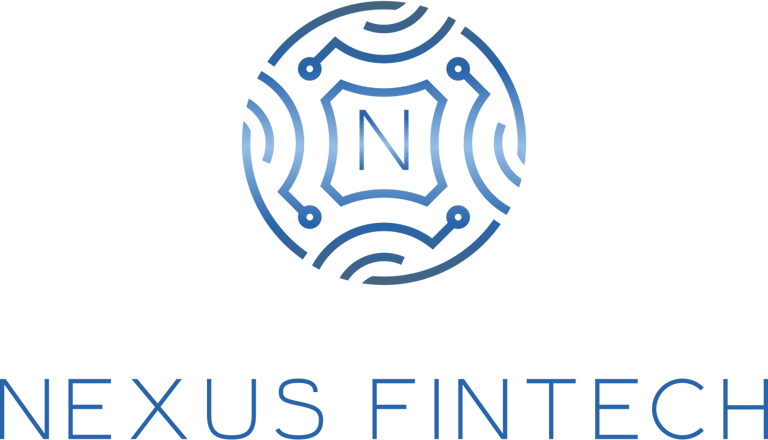Class 8 Licence overview
An overview of the Class 8 licence permissions, authorisation process, and requirements
The Financial Action Task Force (FATF) define a Virtual Asset Service Provider (VASP) as any natural or legal person carrying out transactions utilising different forms of virtual assets and/or between virtual assets and fiat currencies. A VASP may also initiate transfers and payments as well as facilitate their safe custody and administration.
The Isle of Man has a forward-thinking approach to VASPs, both fiat and cryptocurrency and has a well established regulatory regime, a tech-agnostic approach to novel and emerging industries, a regulatory sandbox programme, an extensive, experienced support infrastructure, and collaborative eco-system of likeminded businesses and entrepreneurs.
To operate as a VASP, an applicant will need to obtain a Class 8 licence from the Isle of Man Financial Services Authority (FSA).
VASP licensing
Overview and permissions
An Isle of Man Financial Services Class 8 licence, issued under Part 7 of the Financial Services Act 2008, combines the authorisations and permissions of a UK FCA Electronic Money Institution and Payment Service Provider and allows licenceholders to carry out payments and the issue of electronic money (hereinafter referred to as "e-money").
Originally known as Money Transmitter Services (MTS), the Island's financial regulator, the FSA renamed this class of licenceholder in December 2024 to "Virtual Asset Service Provider" (VASP) to align with international standards and conventions published by FATF.
A Class 8 licence has two relevant sub-classes being:
Class 8(2)(a) - provision and execution of payment services directly; and
Class 8(4) - Issue of electronic money
A Class 8 (2)(a) licence permission would allow a licenceholder to:
Receive and hold client money in any fiat currency;
Initiate currency conversions (FX);
Make 3rd party payments in any fiat currency; and
(subject to the approval of a suitable and authorised card issuer) offer debit cards to clients.
A Class 8 (4) licence permission would allow a licenceholder to:
Create and issue e-money; and
Redeem and burn e-money*
*e-money can take the form of digital tokens, Stablecoins, or any other form of electronic coin or currency that have a pegged value and comply with the relevant requirements of the Financial Services Rule Book, and is subject to approval by the FSA.
Licensing process
The average timeframe for a licence application is between 3 – 6* months and involves:
The initial submission of an application and business plan;
Interviews with key staff and controllers (known as Controlled Functions);
Technology review and demonstration;
Development of all back office policies and procedures; and
Demonstrating to the FSA the competence and knowledge of the new applicant.
It also has requirements around:
Management and control on the Island and must have at least 2 Isle of Man resident directors with the majority of the Board on Island;
Staffing - demonstrating suitably qualified and experienced personnel;
Capital adequacy and approval of funding models;
Appointment of auditors;
Assessment of outsourced functions (if applicable);
Securing necessary PI Insurance; and
Opening of a client safeguarding bank account(s).
*The 3-6 month service level applies to an application with which there are no major difficulties concerning the applicant or persons connected with the applicant - an application may take considerably longer than the timescales above to process if it is incomplete, or if there are issues in relation to the applicant or connected persons.
Further details on the FSA's application process can be found on their website: here
Management and Control and Economic Substance
The FSA strongly urge all licenceholders to be able to demonstrate that their business is operating from the Island, and this would mean the majority of Directors and Senior Management are based (at least for tax residency purposes) on the Isle of Man.
Furthermore, to ensure that an Isle of Man VASP remains complaint, it must ensure that all e-money transactions i.e. minting and burning or stablecoins or payment processing take place on Isle of Man servers (therefore covered under Manx law should any disputes arise) and are therefore governed under Manx financial crime, ownership, and data privacy legislation.
Many functions can be outsourced or performed by remote employees: consideration needs to be given to what services they provide and whether the provision of such services would negate or raise doubt on my point above, but customer services and back-office IT support certainly do not cause any issue. So, if all major decisions, approvals, and transactions were conducted on Island, you could hire remotely for other junior roles.
Personnel, outsourcing, and recruitment
Any VASP application will require, as a minimum, the following Controlled Functions appointed:
(At least) 2 Executive Directors (both of whom are Isle of Man residents)
Head of Compliance
Money Laundering Reporting Officer (MLRO)
(for certain company types) Company Secretary
However, given the nature of the VASP industry and the potential risks associated with the nature, scale, and complexity of this industry, most new licence applicants will have, in addition to the Controlled Functions listed above:
Additional Executive Directors (not required to be Isle of Man resident)
(At least) 1 Non-Executive Director(s)
Deputy Money Laundering Reporting Officer (DMLRO)
Head of Operations / COO
Head of IT / CTO
Head of Finance / CFO
A new applicant that is part of a wider group of companies can provide personnel, resources, shared technology and payment infrastructure to support a VASP application but the FSA must be able to assess the efficacy of this arrangement and the applicant must ensure that controls and processes are in place to ensure that ultimate control (and responsibility for ongoing regulatory compliance) remain with the board of directors of the Isle of Man licenceholder.
Geographical restrictions
There are no geographical restrictions imposed on any IOM license issued in respect of its prospective customers and payments – however, the FSA strongly urge all licenceholders to ensure that they hold relevant licenses and authorisations in the jurisdictions that they operate from.
Meaning should clients from certain jurisdiction approach an IOM licenceholder, then they can legally provide services to them, subject to their successful application and the completion of necessary KYC and sanction checks etc. However, in practice North America and the E.U. are typically restricted by their respective regulators. It ha become common practice to obtain relevant, local licenses in those jurisdictions should a businesses customer base be deemed large enough – or else they run the risk of falling foul of these local regulators; this is common practice in both financial services and regulated online gambling.


An Isle of Man licence is becoming increasingly popular for firms wishing to service clients located in LatAm, Africa, the Middle East, and Asia (Central and Eastern).
There are 3 jurisdictions that the regulator strongly discourages any form of business dealings, and the are the Democratic People's Republic of Korea (North Korea), Iran, and Myanmar due these countries being listed on the FATF 'black list'.
Fig .1 Outcomes of the FATF plenary 10/204 heatmap
'Nexus Fintech' is a trading name of Nexus Consultancy Limited
Registered Office: 27 Hope Street, Douglas, Isle of Man, IM1 1AR
Incorporated in the Isle of Man: 137641C
© 2025. All rights reserved.
Disclaimer: Nexus Consultancy does not provide legal advice. Specialist legal advice should be taken in relation to specific circumstances and the contents of this site are for information purposes only.
